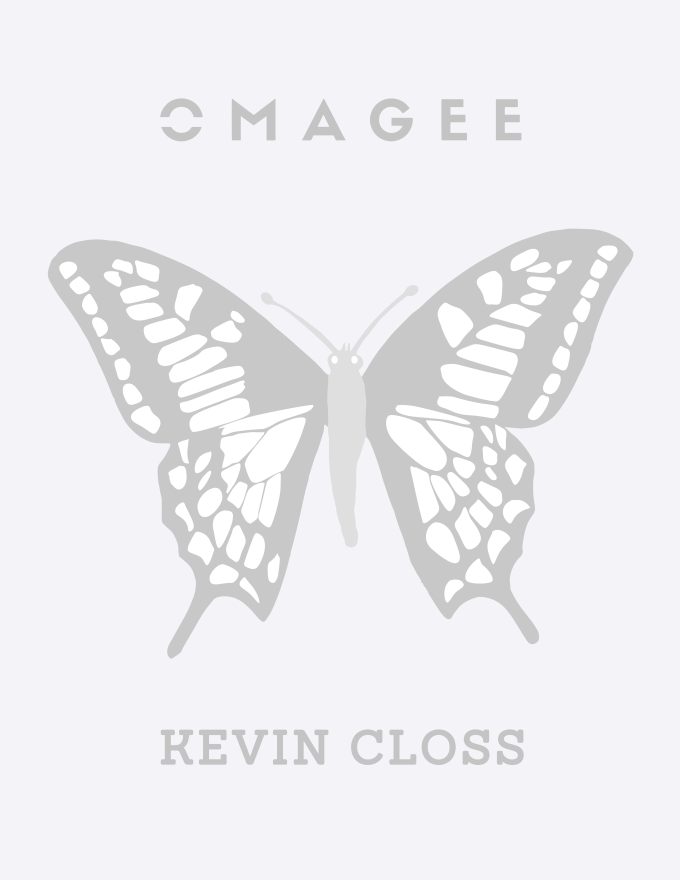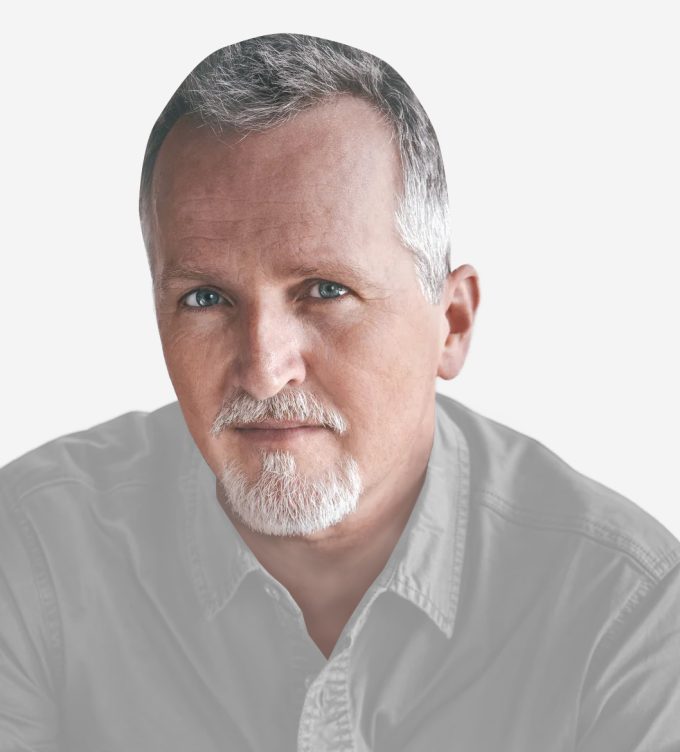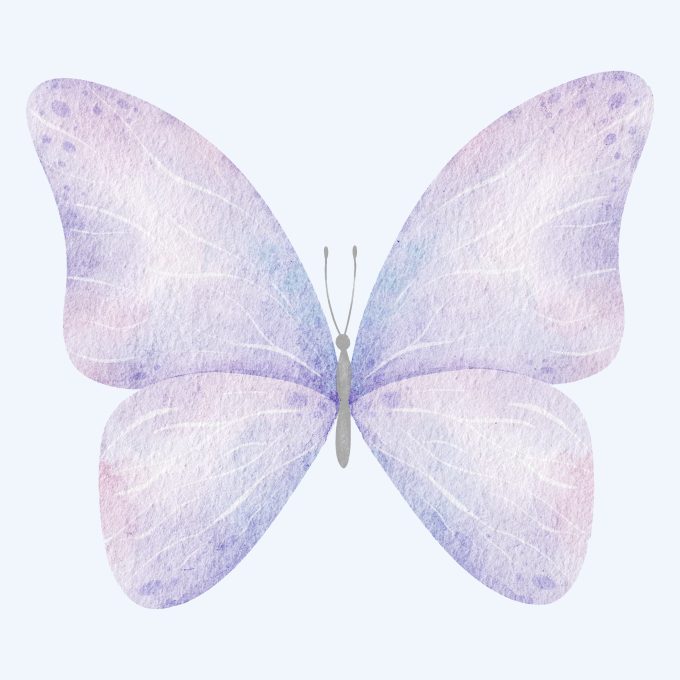a + eyear :: 2018novel by Kevin Closs
January 1, 2023

 the Kurzweil Library
the Kurzweil Library
section: a + e
label ::
book: Omagee
genre: science fiction
author: by Kevin Closs
year: 2018
This book is available at quality book-sellers.


label ::
publication: the Sudbury Star
story: The singer + song-writer and author Kevin Closs explores high cost of immortality.
read :: story
presented by ::
1 ::
publication: the Sudbury Star
web: home
banner: Trusted, authentic, editorial content.
2 ::
company: Postmedia
web: home ~ brands
banner: Exceptional journalism powered by media innovation.

story ::
After 6 years, famed singer + song-writer Kevin Closs released his first novel. He’s best known as a talented musician.
Since 1988 he’s released 11 albums — and toured widely. Now he’s applying his creativity to writing.
His debut fiction is titled Omagee. The story is about a character named Lia.
She’s 72 years-old — and learning about life for the first time. After decades spent dreaming in the care of an artificially intelligent computer program called iLIFE — Lia has un-docked.
But then something happens while she’s disconnected from the network. The nano-bot colony that keeps her alive fails. She’s stranded in a world she’s never known.
The human choice.
Now Lia must make a choice — find a way to re-boot her immortal iLIFE existence. Or stay in real life called bioLIFE — and discover if she has what it takes to become truly human.
Kevin Closs said the story’s about trying to imagine an immortal existence of desire without limits. He borrowed ideas from his favorite sci-fi stories and tropes. And he hopes to carry the story’s question through to the end.
Inspiration from futurist Ray Kurzweil.
Closs said the inspiration for his novel came from reading the non-fiction book titled the Singularity Is Near — by Ray Kurzweil. In his many books and talks, Kurzweil promotes the theoretical event called technological singularity — a time in the future when computer software advances in intelligence to the point of matching + surpassing human ability.
Kurzweil is a futurist, inventor, entrepreneur, and best-selling author. He argues that in the near future — he suggests year 2045 — computers could perhaps become sentient. Beyond this singularity, Kurzweil says it’s impossible to predict anything. But he imagines a world where people no longer need their biological bodies — and can live forever as minds inside virtual worlds of their own imagining.
Having grown-up in the Roman Catholic christian religion — Closs said he’s mused about immortality. But it always strikes him as being impossible to comprehend a thing beyond reality as we know it.

quote ::
name: Kevin Closs
bio: A novelist and singer + song-writer.
The book the Singularity is Near by Ray Kurzweil was compelling. It suggested a tech immortality. Rather than living a mortal life, dying, then passing into an unknowable spiritual realm. Kurzweil says we’ll simply transfer our minds + personalities into powerful computers. And create our own deathless — but intelligible — realities.
Kurzweil’s post-singularity world implies an immortal realm still fettered by mortal desires. Paradise, Nirvana, Tian, Moksha — whatever you call it — has always been described as being beyond desire. But Kurzweil suggests that — instead of leaving our mortal desires behind — we’ll fulfill them, multiply, and expand them. Riding the might of infinitely powerful computers.
The idea that we’ll soon be able to trade a mundane existence — along with disease, suffering, death — for a new, unlimited life of desire brings-up many incredible questions. Will we have access to our friends + families in this new reality. Will we be alone. Will there be an age of consent for immortality. Or will newborn babies be transferred directly to iLIFE.
— Kevin Closs
images | above + below
Portraits of Kevin Closs.
credit: Stacey Lalande of Mirth Photography :: visit

Thinking about bio + non-bio immortality.
Ray Kurzweil’s book challenged an idea Kevin Closs had always held dear — life, including death, is meaningful. Our mortality somehow defines us — or at least places us in a comprehensible universe.
quote ::
name: Kevin Closs
bio: A novelist and singer + song-writer.
Will we need biological life experience to imagine this new death-less reality. Or will we borrow other life experiences. Or will our experiences be constructed for us. Will we move back + forth between worlds — or will we have to leave our bodies behind.
If everything I ever desired could soon be only a thought away, I realized that Kurzweil’s book was about choice. Do we roll the dice — and live the brief lives the universe gives us. Or do we leave our flesh behind, and live forever in a dream world of our own choosing — where anything is possible. What is the ultimate meaning of bioLIFE — and what is the cost of iLIFE.
— Kevin Closs

listening
1 ::
music artist: Kevin Closs
track: A blue whale’s lament.
album: in Deep :: visit
2 ::
music artist: Kevin Closs
track: The song of Svalbard.
album: in Deep :: visit

webpages
name: Kevin Closs
bio: A singer + song-writer and author.
web: home ~ channel ~ novel

notes ::
a + e = arts + entertainment
AI = artificial intelligence
feat. = featuring
univ. = university
